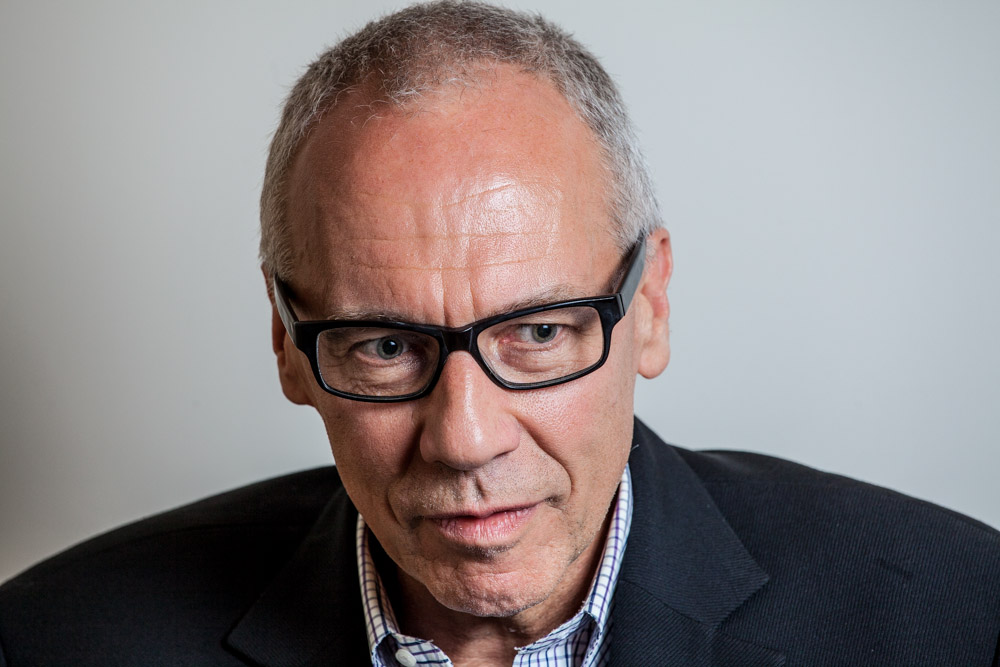
Edward Parson is the faculty co-director of the Emmett Institute on Climate Change and the Environment at the University of California, Los Angeles. Before joining a Zócalo/UCLA panel discussion on fracking’s environmental effects—“Is Fracking Good for California?”—he talked in the Zócalo green room about Bruce Springsteen, the 1970s energy crisis, and what Canada does better than America.
What do you find to be the hardest part of the writing process?
Getting my sentences short. Speaking clearly and simply.
What got you interested in environmental law, specifically?
I got interested in the legal side of environmental issues in the 1970s. I got all excited about the energy crisis.
You’re married to another law professor. Do you two have really elaborate debates?
We both just have really keen policy interests. My wife works on health policy and not-for-profit organizations. Every year we say we should collaborate on a project, but we haven’t come up with one yet.
What’s the best live musical performance you’ve ever witnessed?
Probably a Bruce Springsteen concert in Vancouver.
Speaking of Vancouver, you’re Canadian. What are two things Canada does better than America?
Healthcare. But it’s not good for Canada to be beside the worst healthcare in the industrial world, because then they get to feel too good about themselves. Canada also has more public goods, whereas the United States has more private goods.
You’ve spent a number of years at Harvard. Besides autumn, what do you miss most about New England?
Rain and snow.
What’s the best vacation you’ve been on?
Hiking the Forbidden Plateau. That’s on Vancouver Island.
What image is set as the background to your cellphone?
Whatever came on the thing.
Robots: should we fear or embrace them?
Maybe a little of both. Nobody knows what they’ll be like or what they’ll want. They might be our friends. Or they might be our descendants.



